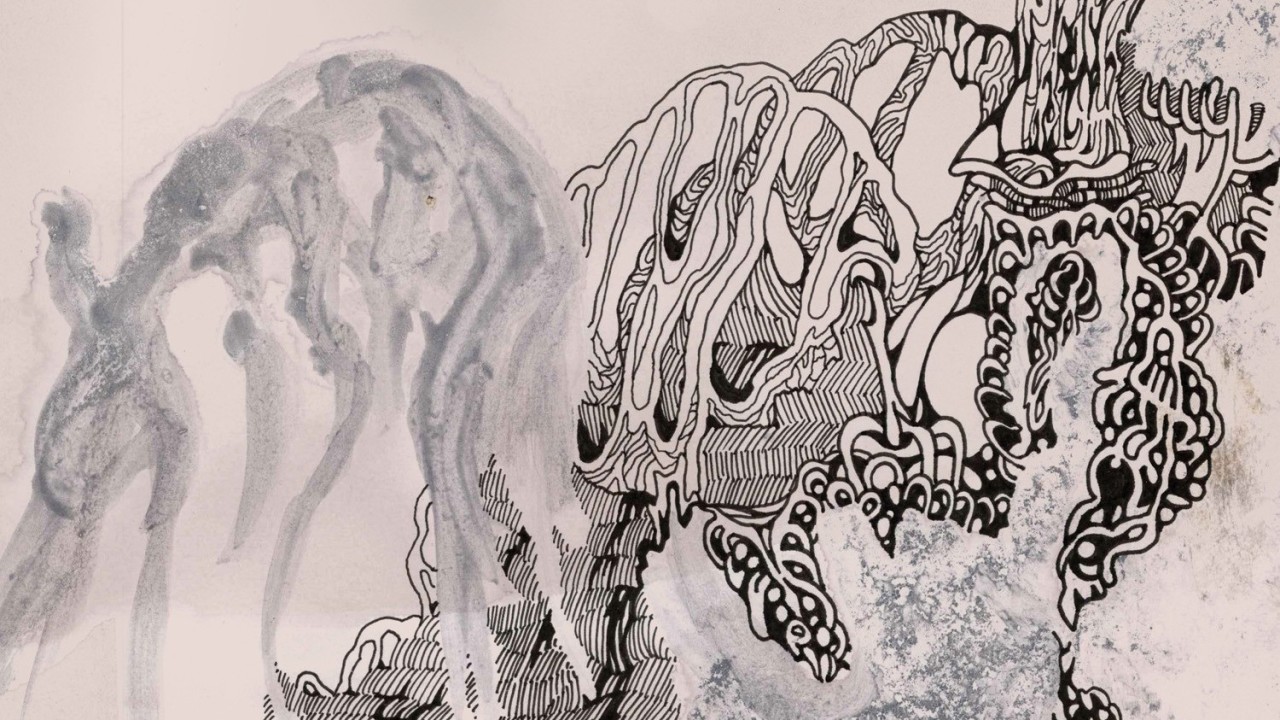You can trust Louder
Some bands take a while to find their feet. There are ill-advised forays into embarrassing genres and iffy first albums to muscle through (remember when Pantera were glam for their first few albums? Exactly...), but occasionally an artist will arrive into the world fully formed. Judging by A Plague Of Knowing, Horseback are very much the latter.
A Plague Of Knowing is a rarities collection spanning three discs, consisting of demos, vinyl-only releases, as well as live and unreleased tracks. Even with a few tracks in a somewhat raw form, it’s easy to discern throughout that main songwriter Jenks Miller knew exactly what he was doing from the off. Being a rarities album, it’s obviously not as well-structured or fully formed as something intended to be experienced as a whole – The Invisible Mountain, for example – but Miller’s penchant for droning hypnotic rhythms, simple, almost krautrock-inspired melodies and warm-sounding Hammond organs is absolutely intact.
There’s something oddly relaxing and familiar about some of this collection; in fact, it’s borderline classic rock in some instances. Opening track On The Eclipse has a folk rock twinge that wouldn’t sound out of place on a Steeleye Span record, were it not for Miller’s tortured black metal howl turning up unexpectedly part way through. However, the yelling doesn’t sound out of place, and instead gives the track an even more primal urge.
There are also more experimental, minimalist tracks here, such as Stolen Fire. It’s a low-key, repetitive electronic piece, with only an electronic drum loop and a looping bassline driving it. Miller mournfully speaks over it in a resigned monotone about ‘No care in the world’, his vocals heavily distorted – in fact, this piece wouldn’t sound out of place on a Pinback album. The centrepiece, though, is the title track, a repetitive 40-minute epic that miraculously fails to be dull and somehow remains oddly mesmeric throughout.
It’s another intriguing release from an increasingly unique band that sound ever more isolated from their post-metal peers.
Sign up below to get the latest from Metal Hammer, plus exclusive special offers, direct to your inbox!

